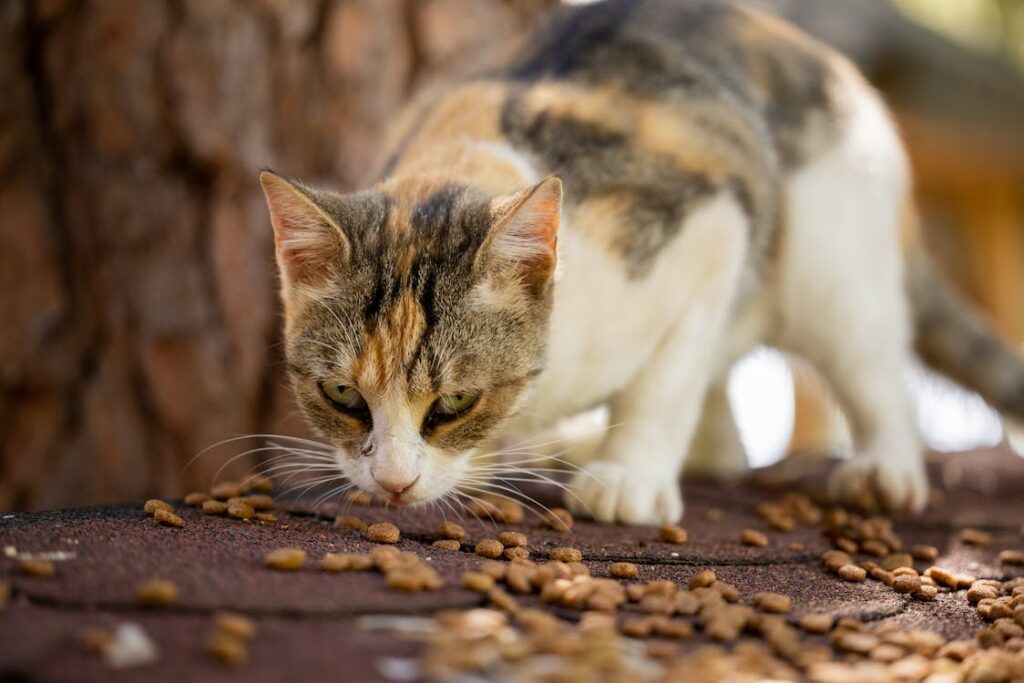Welcome to the world of feline fine dining! We’re not talking about your everyday, run-of-the-mill kitty chow. Oh no, we’re venturing into the exclusive realm of prescription cat food. This is where nutrition meets science, and where your beloved furball gets to enjoy a menu designed specifically for their unique health needs.
Get ready as we unravel the mystery behind these specialized diets and unveil our top 8 picks for the crème de la crème of prescription cat food. So, sit back, relax, and let’s embark on this culinary journey together!
Table of Contents
What is Prescription Cat Food?
Prescription cat food is a specialized type of diet designed to help manage or treat specific health conditions in cats. Unlike regular cat food, these diets are formulated based on scientific research and are typically recommended by veterinarians. They may contain different quantities or types of nutrients compared to standard cat food to better support a cat’s health.
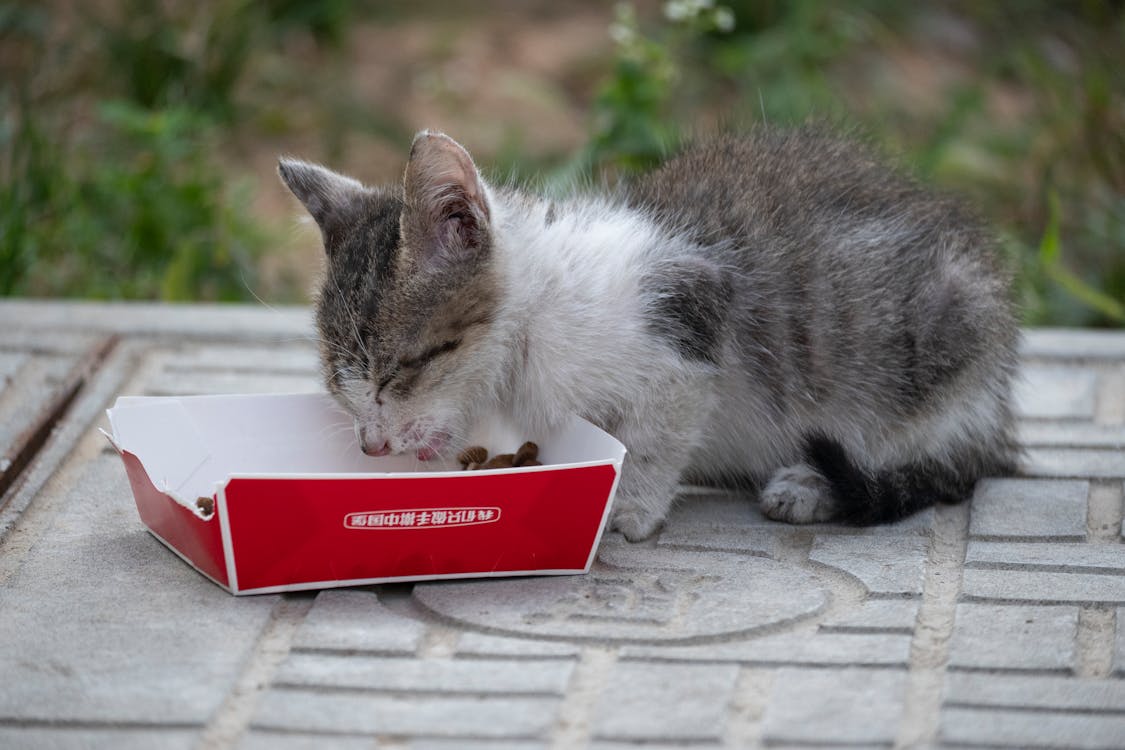
Top 8 Prescription Cat Foods
Prescription cat food is a specialized diet, scientifically formulated to manage or treat specific health conditions in felines. Here, we delve into an extended list of the top 10 prescription cat foods, including a new addition – Orijen cat food. These recommendations are based on expert advice from veterinarians and customer reviews.
1. Hill’s Prescription Diet
Known for their extensive research and development, Hill’s offers a wide range of prescription diets designed to address various health conditions. This delicious treat contains natural chicken flavor your furry friend will love.
2. Purina Pro Plan Veterinary Diets
This line of prescription diets offers solutions for common feline health issues, from urinary tract health to weight management. Expect a high protein cat food that is good for your little kitty.
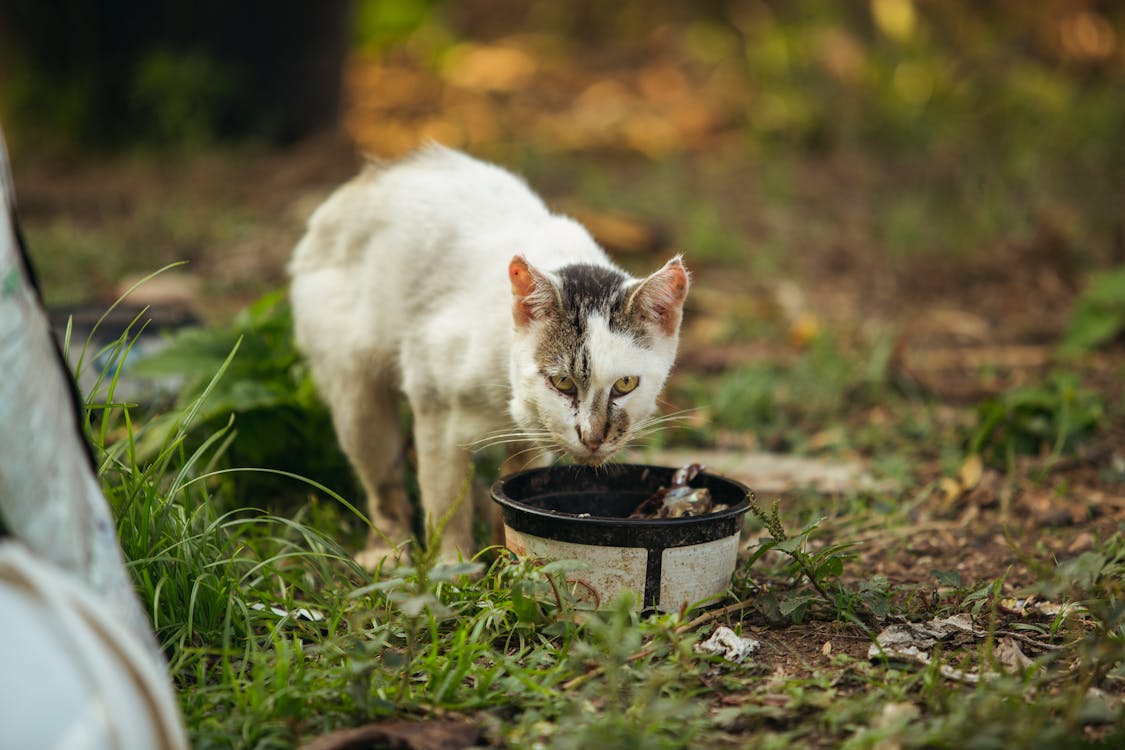
3. Royal Canin Veterinary Diet
Royal Canin is a popular choice among vets, offering prescription diets tailored to a variety of specific health concerns. They often contain dehydrated chicken liver, chicken fat, rice, and fiber.
4. Eukanuba Veterinary Diets
Eukanuba offers prescription diets that cater to a wide array of health issues, from renal health to digestive support. A huge chunk of it comes from animal protein sources.
5. Weruva (Grain-Free Dry Cat Food)
Weruva offers a selection of grain-free, high-protein canned cat foods that are often recommended by vets. Many of their selections contain dehydrated egg, dehydrated turkey giblets
6. Tiki Cat
Known for their high-quality, high-moisture content canned cat food, Tiki Cat also offers a range of prescription diets.
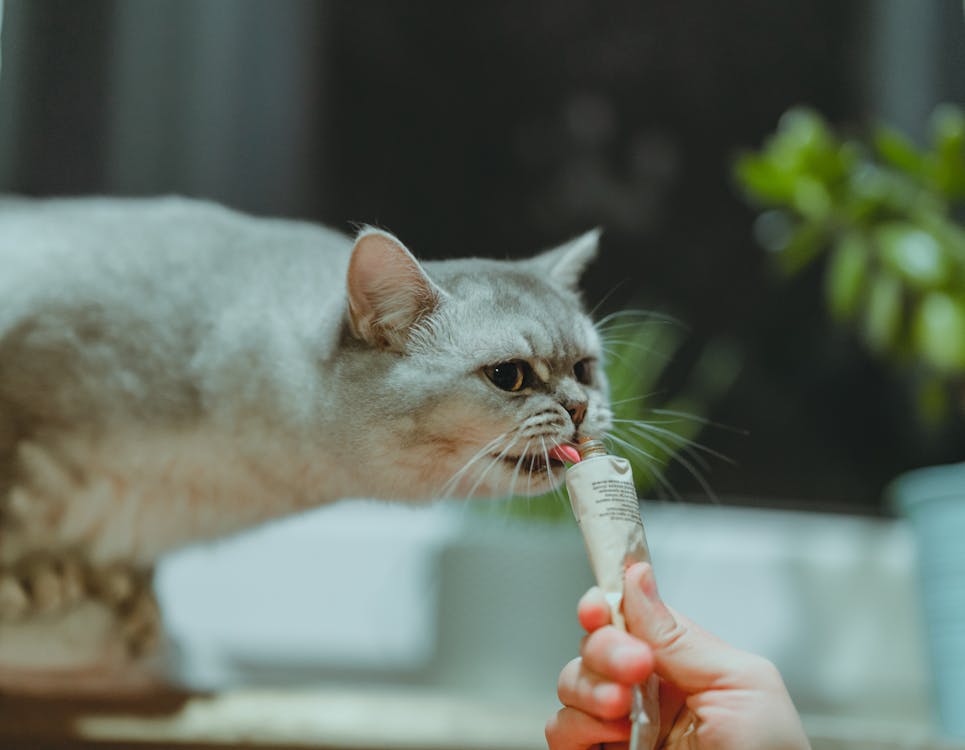
7. Fancy Feast
While better known for their regular cat food, Fancy Feast also has a line of prescription diets that cater to different health issues.
8. Orijen Dry Cat Food
A newcomer to the prescription cat food market, Orijen original cat food is known for their high-quality, biologically appropriate diets. Their prescription line continues this tradition, offering high-protein, low-carbohydrate diets designed to mimic a cat’s natural diet.
Orijen dry cat food has a unique formula that uses fresh or raw meat and has a distinct raw flavor your cat instinctively craves. It also contains whole green lentils, pinto beans, butternut squash, collard greens, navy beans, and other raw animal ingredients.
It’s worth noting that while these cat foods come highly recommended, it’s crucial to consult with your vet before changing your cat’s diet. Each cat is unique, and what works for one may not work for another.
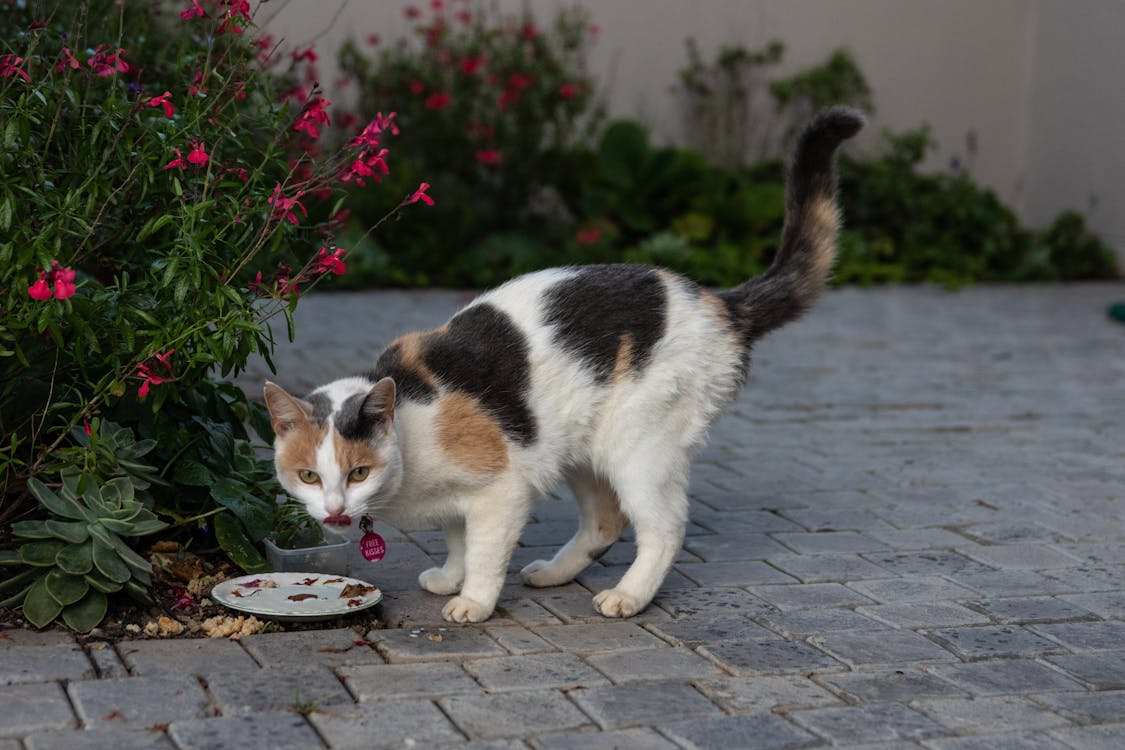
When Do Cats Need Prescription Cat Food?
Just like us humans, cats can sometimes develop specific health conditions that require a more specialized diet. This is where prescription cat food comes into play. But when exactly does your feline friend need this kind of diet?
Prescription cat food is not always necessary for every cat. It is typically recommended by veterinarians for cats suffering from specific health conditions. These could include kidney disease, urinary tract problems, obesity, gastrointestinal disorders, or allergies. For instance, if your cat has been diagnosed with kidney disease, your vet might suggest a prescription diet designed to support kidney function.
However, it’s important to remember that while prescription diets can be very beneficial for some cats, they are not a one-size-fits-all solution. Each cat is unique and what works well for one might not work as well for another. Therefore, it’s crucial to have ongoing discussions with your vet about your cat’s dietary needs, especially if your cat has been diagnosed with a health condition.
Remember, even though you don’t legally need a prescription to purchase a veterinary diet, these diets should only be used under the guidance of a veterinarian.
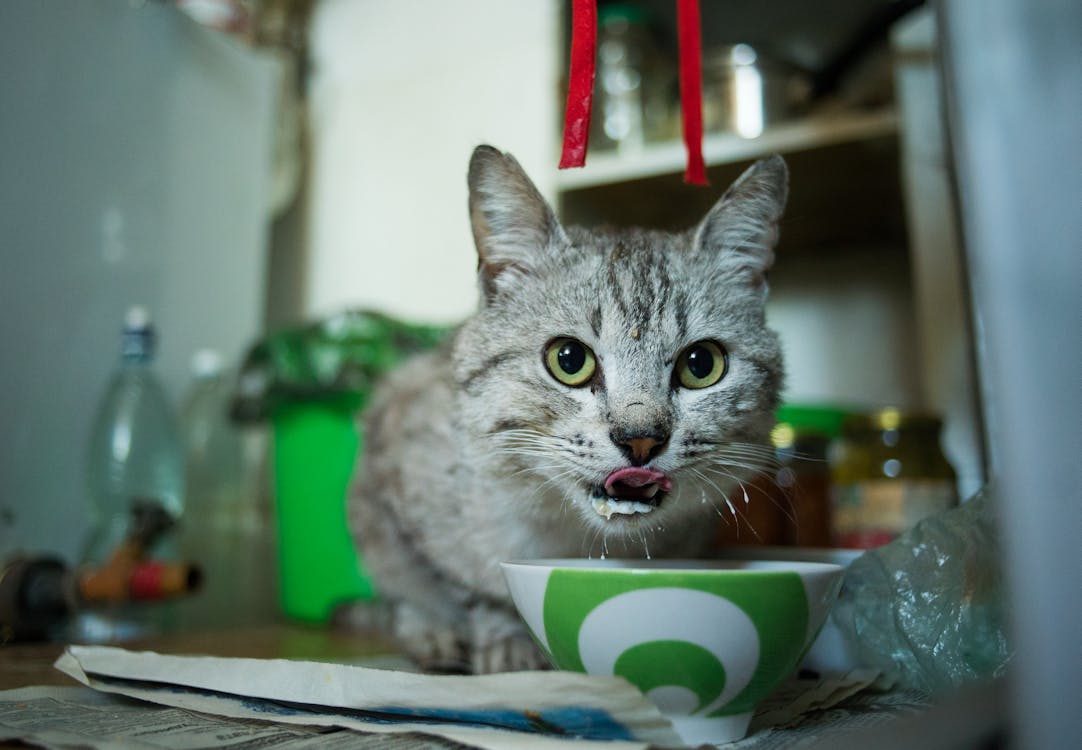
Benefits of Prescription Cat Food
While prescription cat food may not be necessary for all cats, it can offer several benefits for those dealing with certain health issues.
One of the main advantages of prescription cat food is that it is specifically formulated to address particular health conditions. For example, a cat with urinary issues might benefit from a diet that helps control the pH levels in their urine, thus preventing the formation of crystals or stones.
Another key benefit is the potential to reduce reliance on medication. In some cases, a therapeutic diet can help manage a health condition to the point where less medication is needed, which is always a good thing considering that most medications come with potential side effects.
Furthermore, prescription diets can improve your cat’s quality of life. If your cat has been struggling with a health issue like chronic kidney disease or obesity, a prescription diet can help manage the symptoms and improve your cat’s overall well-being.
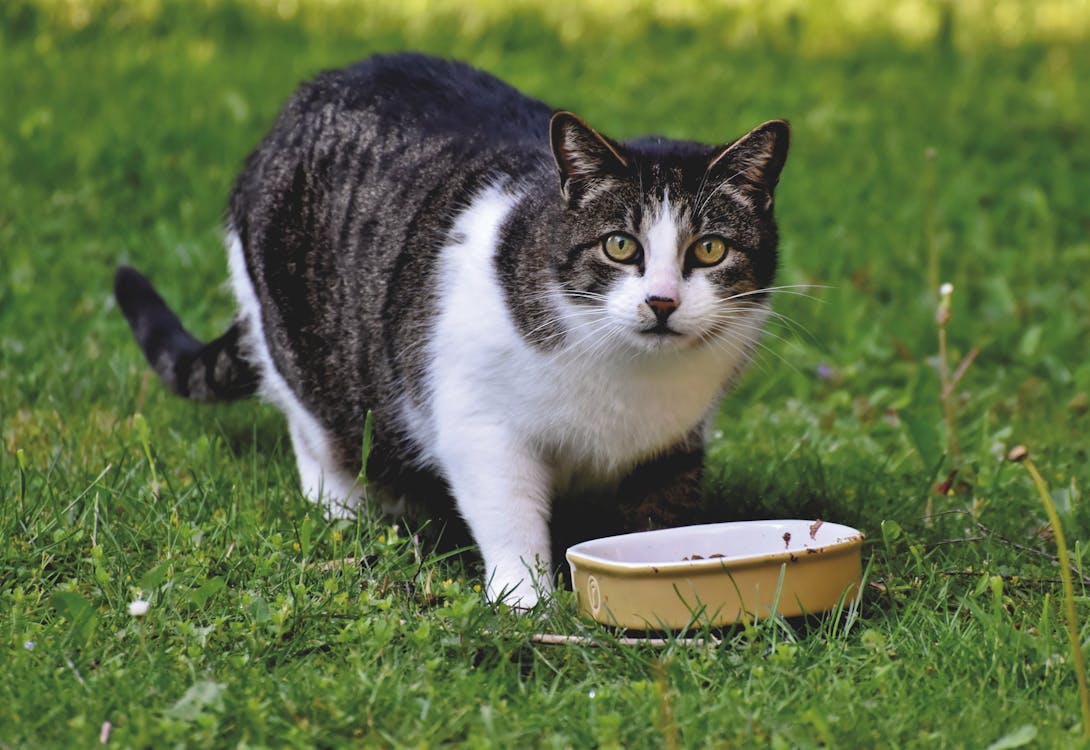
Differences Between Normal and Prescription Cat Food
The primary difference between normal and prescription cat food lies in their nutritional composition. Regular cat food provides balanced nutrition for general health, while prescription diets are specially formulated to manage specific health conditions. They might have higher or lower levels of certain nutrients, depending on the health issue they’re designed to address.
Conclusion
Prescription cat foods are tailored diets that can help manage specific health conditions in cats. There are numerous high-quality brands available, but it’s essential to consult with your vet before making any changes to your cat’s diet.
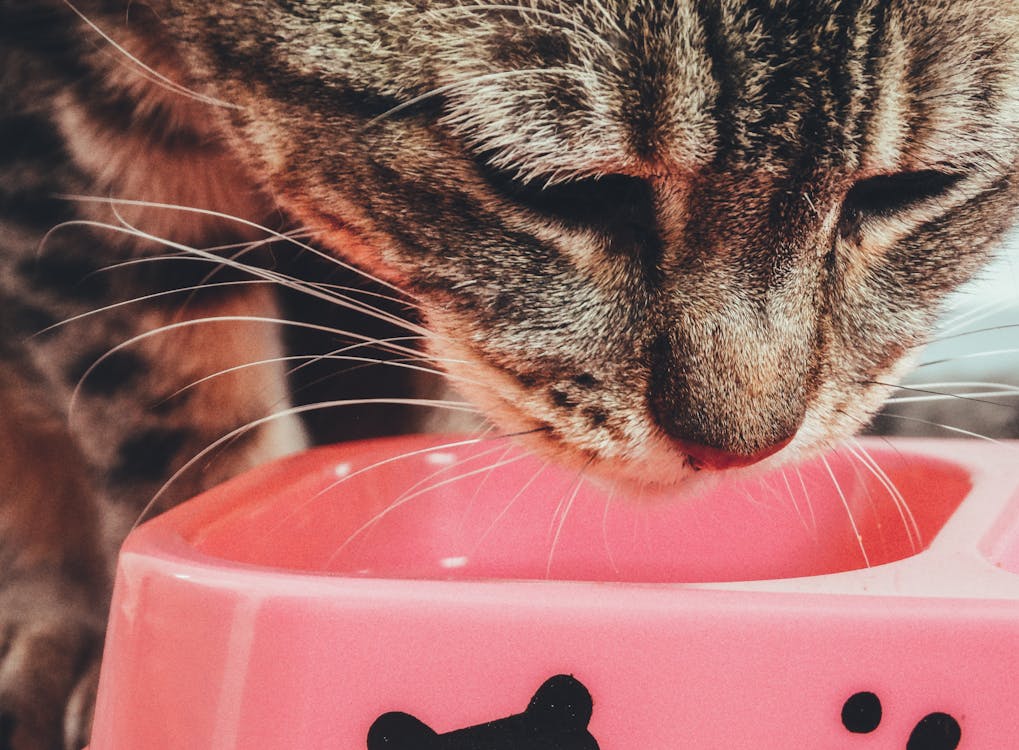
Frequently Asked Questions
Q: Can I feed my healthy cat prescription cat food?
A: Feeding a healthy cat prescription food meant for a specific condition can lead to negative side effects and serious health issues. Always consult your vet before changing your cat’s diet.
Q: What diet is best for cats with crystals in their urine?
A: There are several commercial diets designed to treat and/or prevent the most common types of crystals/stones, including Hill’s c/d or s/d, Royal Canin Urinary SO, and Purina UR. Discuss these options with your vet.
Q: Is prescription cat food more expensive than regular cat food?
A: Yes, prescription cat food is typically more expensive than regular cat food due to its specialized formulation and the research that goes into developing these diets.
Q: Can I buy prescription cat food without a vet’s prescription?
A: No, you usually cannot buy prescription cat food without a prescription from a vet. This ensures that the food is used appropriately and safely for cats with specific health needs.

